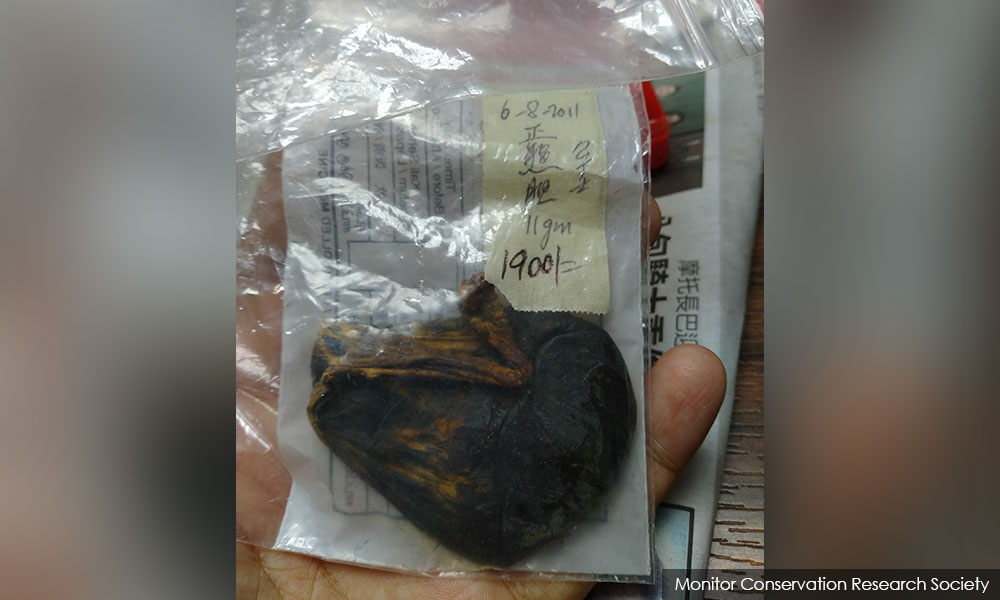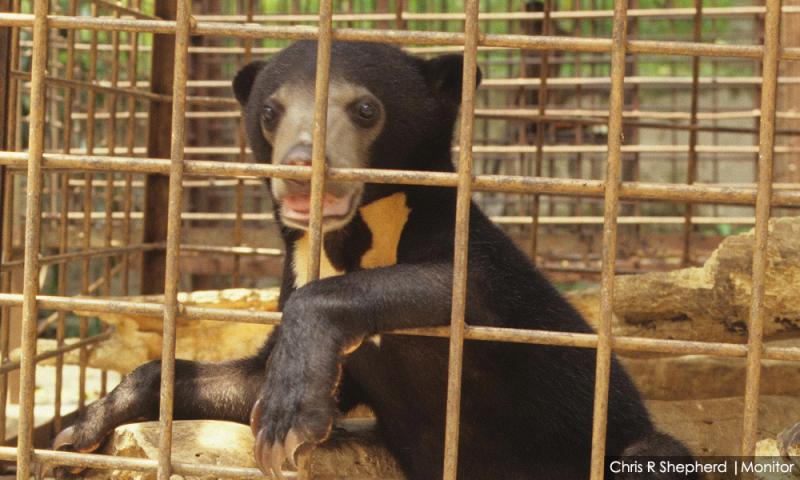COMMENT | The global pandemic was triggered by wildlife trade, China acknowledged this, and steps towards addressing it by instituting a ban.
Considering its role in this pandemic, which emerged in a way scientists have been predicting for decades, China needs to be a leader in this by protecting wildlife and public health.
Other countries should do the same, as this is clearly not merely a conservation issue, but a health and economic one.
Wildlife trade policies overall need to be reviewed, and the sale of wildlife for meat in open wet markets needs to be shut down.
Illegal trade in wildlife in Asia, and beyond, is rife and action needs to be taken immediately to end this trade, and to prosecute offenders to ensure a deterrent is in effect.
Wildlife markets selling live animals, such as the enormous bird markets in Indonesia, where birds are sold as pets, for meat and for use in traditional medicines, are potential sources of more zoonotic disease, as well as being hubs of illegal trade that threatens the conservation of numerous species.
Few people are aware of the extent of the wildlife trade, or of the number of species threatened by this trade.

For the most part, wildlife markets are extremely unhygienic places, with sick, dead and dying animals in cages and faeces everywhere. And people buy animals from these places to eat. It is time stricter policies are put in place and enforced to eliminate these markets.
Malaysia doesn’t have open wildlife markets of that scale, fortunately, but we do have a very real poaching and trafficking issue, which includes wildmeat restaurants, and traditional medicine shops that sell wildlife-based medicines, as well as booming demand for wildlife as pets.
China touting treatments that include bear bile is terribly contradictory, and a ban on consumption should include wildlife-based traditional medicines, not just the sale of freshly butchered wild animals – whether “farmed” or wild-caught. Not forgetting the wildlife pet industry - zoonoses is not exclusive to dead animals.
Promoting bear bile medicine perpetuates the notion that wild animals can continue to be used, even where we have perfectly viable legal, safe alternatives that do not endanger wildlife or people.
China’s actions have far-reaching impacts beyond its borders – as we have been made painfully aware of with the virus.
A new Monitor Conservation Research Society study (Illegal trade of sun bear parts in the Malaysian states of Sabah and Sarawak by Lalita Gomez, Chris R Shepherd and Min Sheng Khoo) confirms that Sun Bears are still under poaching pressure for use in traditional Chinese medicine (TCM) in Sabah and Sarawak and this remains a serious threat to wild bear populations.

We surveyed TCM outlets in Sabah and Sarawak in 2018 and 2019, and found that 35 percent of TCM outlets in Sabah and 19.3 percent in Sarawak had bear bile products.
Gall bladders were the main type of commodity for sale in both states, and were reportedly sourced predominantly by indigenous people.
Though we noted a drop compared to past studies, the reason for this is possibly because traders are more aware that it is illegal, or are exercising greater caution because of the fear of prosecution – illustrating why enforcement and prosecution efforts need to be enhanced.
It is also possible that the diminishing Sun Bear population is also a factor, as some traders claimed to have stopped selling bear bile products due to the rarity or difficulty in procuring genuine bear gall bladders.
If China promotes bear bile medicine, it sends very mixed messages – and there is a very real risk that our Sun Bears will be at increased risk.
We may see a rise in poaching of Sun Bears in Malaysia, an increase in bear bile medicine use, traders could possibly prey on people’s fear by promoting it, based on China’s continued stance.
CHRIS R SHEPHERD is the executive director of Monitor Conservation Research Society.
The views expressed here are those of the author/contributor and do not necessarily represent the views of Malaysiakini.
Keep up with the latest information on the outbreak in the country with Malaysiakini's free Covid-19 tracker.
Malaysiakini is providing free access to the most important updates on the coronavirus pandemic. You can find them here.
Help keep independent media alive - subscribe to Malaysiakini.





